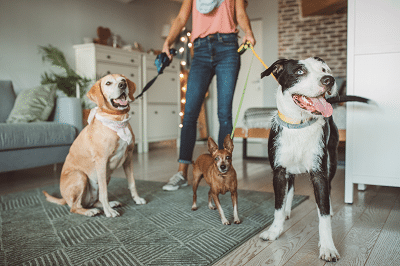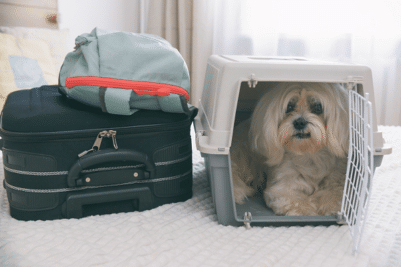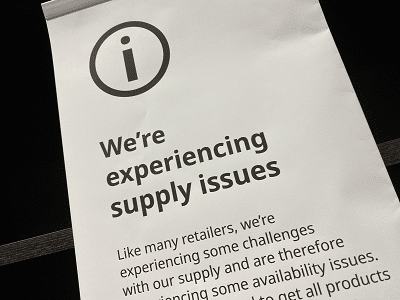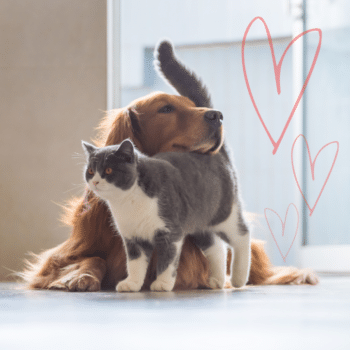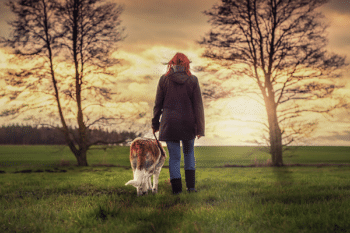October is Pet Obesity Awareness Month. Overweight and obese pets have become a “large” issue in the veterinary industry over the past years and continues to be a growing concern all over the world.
The Australian Veterinarian Association reports 41% of pets overweight or obese, with rates even higher in North America: over 50% in Canada and 56% in the Unites States. That means that around half of all domestic pets could stand to lose a few pounds. It also means that these pets face health risks as a result of a condition that is manageable and preventable.
Obesity shortens lives
Overweight pets have a shorter lifespan and poorer quality of life, with increased risks of medical conditions such as osteoarthritis, heart disease, diabetes, and more. They are also at greater risk of complications during surgical procedures and recovery.
Here’s a few other things to note:
- Dogs are at a higher risk than cats.
- Females are at a greater risk than males.
- Older animals are at greater risk than younger ones.
- The incidence of obese pets is also tied to the obesity levels of their owners, which is often directly related to the amount and frequency of exercise pets get.
Calories – more or less
Most pet owners overfeed their pet by not following the feeding recommendations on food packaging or their veterinarian’s recommendations. Free feeding (having unlimited food always available so your pet can graze as they like) leads to consuming more calories than necessary. Treats also contribute to your pet’s overall caloric intake. Giving table scraps is another potentially large contributor of excess calories for your pet.
These are the average caloric needs for indoor pets who receive around 30 mins of activity today (like a brisk walk):
| Cats: | Dogs: |
| 10 lbs. 180 to 200 calories | 10 lbs. 200 to 275 calories |
| 20 lbs. 325 to 400 calories | |
| 50 lbs. 700 to 900 calories |
These caloric needs are based on adult spayed or neutered pets (who will need less calories than intact pets). The needs of your individual pet may differ based on breed, lifestyle, activity level, genetics, and more. Discuss your pet specific needs with your veterinarian, who will be able to provide you with a tailored diet and exercise program.
The role of exercise
Regular exercise is an important part of maintaining a healthy weight. Dogs should be active at least 20 minutes three times a day, with a variety of activities (e.g., brisk walk or jog, swimming, playing fetch, toy play). Cats should have 15-20 minutes of active playtime or exercise twice a day with activities like laser tag or fishing-pole toys.
If your pet is at a healthy weight, you should be easily able to feel their ribs, and when viewed from above, they should have a natural ‘waistline’ that curves in past the ribcage. The belly should also slant upwards from the ribcage to the hind legs. If the belly is saggy, it is a sign of being overweight. Your vet will be able to give you a more detailed review of your pet’s Body Condition Score (the pet-version of a Body Mass Index and a way to evaluate body fat.)
Speak with your vet if you are concerned about your pet’s health and weight. They will be able to give you sound guidance and a plan to keep your pet healthy and happy.
LifeLearn News
Note: This article, written by LifeLearn Animal Health (LifeLearn Inc.) is licensed to this practice for the personal use of our clients. Any copying, printing or further distribution is prohibited without the express written permission of Lifelearn. Please note that the news information presented here is NOT a substitute for a proper consultation and/or clinical examination of your pet by a veterinarian.


